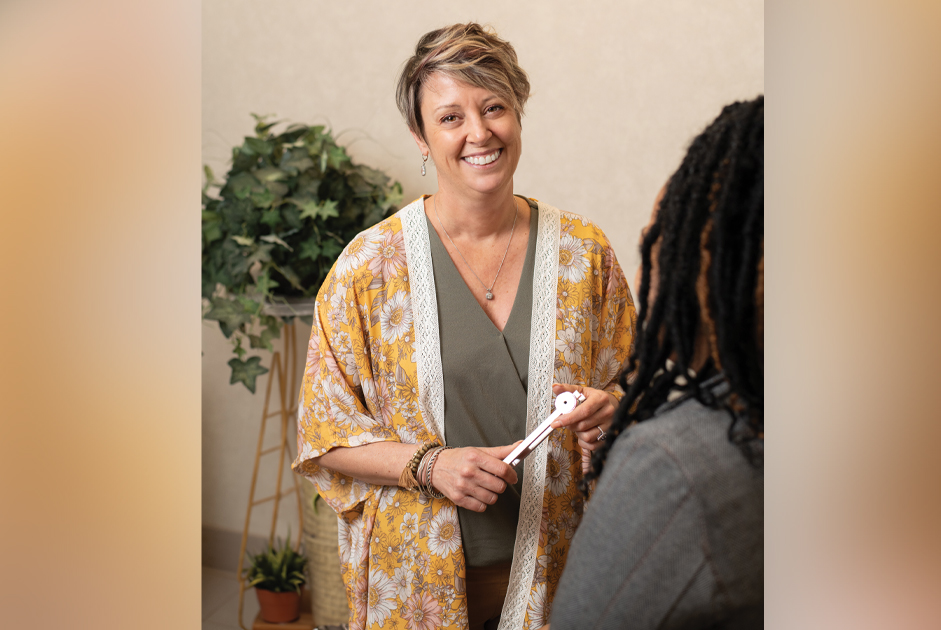My Eastern European dad was “from the old country,” a man for whom demonstrating good manners was a non-negotiable expectation. Because of him and my mom, I grew to deeply appreciate genuine manners, the kind that express personal accountability and demonstrate respect for others. Take the apology:
- I fail to keep my word…because I said “yes” when I really meant “no,” or I simply forgot
- I make an insensitive comment…because I wasn’t present in all of the ways that matter
- I cut you off at the intersection…because my impatience got the best of me
- I bump into you in the supermarket…because I was obliviously yapping on my phone
We’re human, and when we do these things, we take responsibility for our actions by expressing our regret and admitting we were wrong. It’s a powerful skill set that most of us learn at an early age by watching the adults around us and being prodded by them to “step up and apologize!”
On the other hand…
What we may not learn is how to identify when no apology is needed. Psychologists tell us that folks who apologize profusely tend to worry a great deal about what other people think, put the feelings of others above their own needs, worry about offending others, and may suffer from a lack of confidence or low self-esteem. Or over-apologizing may simply have become a reflexive habit.
Either way, there’s a definite downside to over-apologizing. Mainly, we lose touch with ourselves and abandon the discernment that makes an apology meaningful and impactful.
When Not to Apologize
The oft quoted “Say what you mean and mean what you say” is a helpful rule of thumb. Here’s an inconclusive list of some things that need no apology:
- When you say no to respect your own limits – because self-respect is the prerequisite to respecting others
- When prioritizing your time – because you are the master of your time and how you use it
- When attending to self-care – because you simply must “put your mask on first before assisting others”
- When you spend money on yourself – because it’s simply not anyone’s business!
- When taking a phone/social media time out – because you need to control it, not the other way around
- When expecting to get what you paid for – because you paid for it!
- When following your own path – because it’s not up for scrutiny unless you say so
- When loving someone – because “they” don’t need to understand or approve
- When you don’t know the answer – because you can’t know everything
- When you did nothing wrong – because you did nothing wrong
- When something is out of your control – because while it may be unfortunate, you are not responsible
- When you stand in your values and beliefs – because otherwise, who are you?
- When you just want to wiggle out of an awkward situation – because that’s cowardly
Alternative Responses
Consider alternatives to ill-advised apologies. For example, if you need to say no, are prioritizing self-care, or are taking a social media time out, say, “Thanks for understanding” or “I appreciate your understanding,” and leave it at that.
Or, if someone is challenging the path you are on, your values, or how you spend your money, you might say “I know you may see it differently,” or “I appreciate that we have different ideas about this,” and again, leave it at that.
As for my dad, he knew how to show respect while being self-respecting at the same time. And while I make no apology for the fact that we saw some things very differently, I am grateful for his example.






















